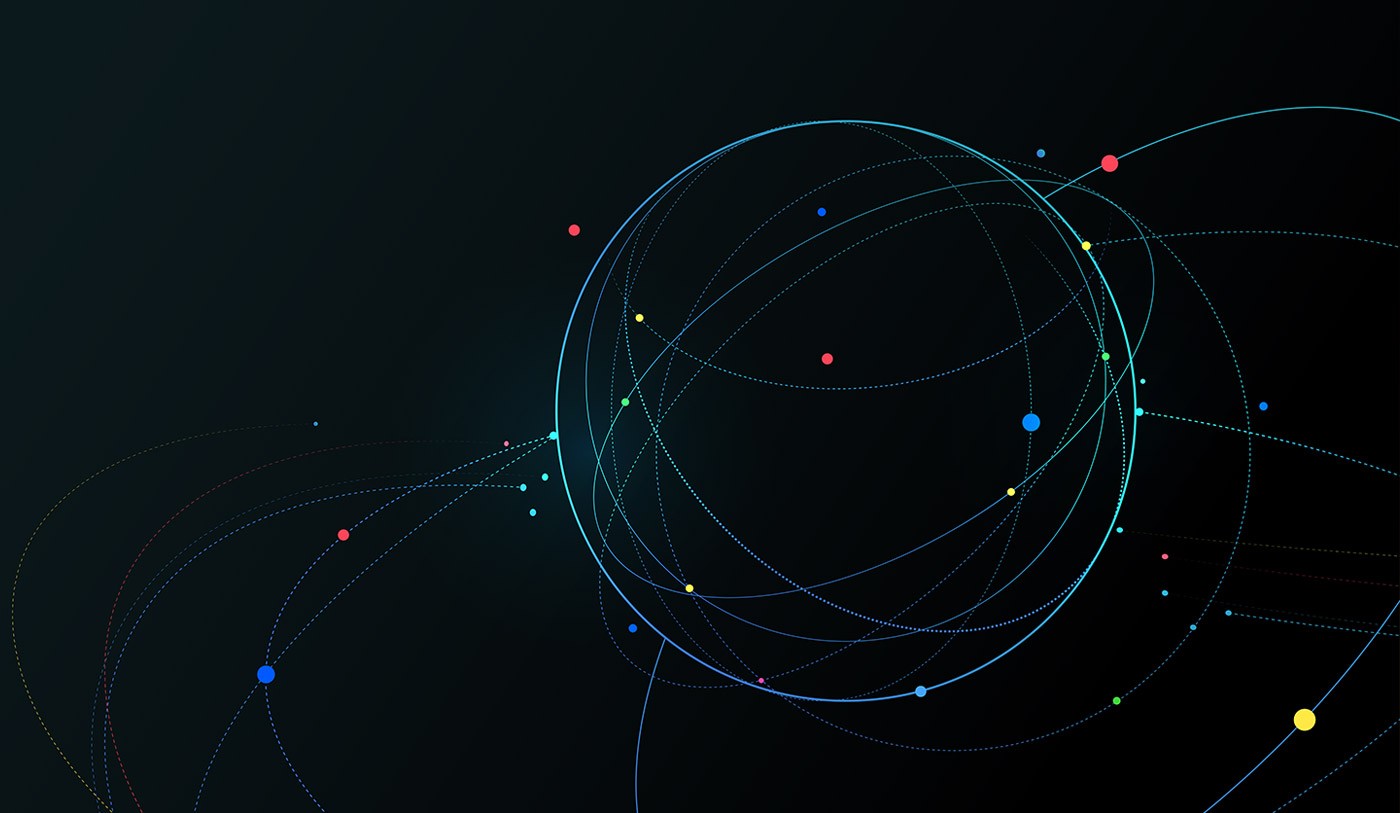The future of PPC holds a dramatic change in store – no more third-party cookie tracking. Google is planning to remove third-party cookie tracking by 2023 altogether.
With third-party cookies having been used for the past 20 years, this change opens up a lot of questions even though the original ban on third-party was delayed from 2021 to 2023.
This will pose a challenge for the digital advertising industry, which relies on the easy and extensive data gathered from third-party cookie tracking.
Yet, there is always light at the end of the tunnel...
First-Party Data Takes Over
As Google phases out the third-party cookie on its browsers, first-party cookies will take their place.
Marketers will be able to use first-party data to feed the algorithms for platforms like Facebook and Google Ads to replace third-party cookies and continue to track conversions that would of otherwise not have been tracked.
What is first-party data/cookies? Well according to Google, first-party data is data that you collect from your customers, web visitors and app users during their interactions with your products and services. To be considered first-party data, information has to be collected from your own sites, apps, physical shops or in other interactions with your customers/users. The big takeaway here is that first-party isn’t just information that’s been captured from one channel, it's data from all of the channels, on and offline.
First-party cookies are created by the host domain – the domain the user is visiting. These types of cookies are considered good, as they improve the user experience and keep the session open. They allow the browser to remember key information, such as which items the customer has added to their shopping carts, their username and passwords, and language preferences.
Marketing Use of First-Party Data
The most evident usage will be for remarketing/retargeting, the first-party data will replace the third-party cookie tracking by uploading the first-party data into Google Ads and Facebook as an audience.
The good news about this is that first-party data can come from all of your online and offline sources, unlike third-party cookie tracking that relies on online inactions only.
Google Analytics 4: The Future of Analytics
Google Analytics 4 is the newest version of the most common analytics tool used by the digital marketing industry. Google Analytics 4 will effectively replace the standard Universal Analytics properties on July 1, 2023, with new data only coming into Google Analytics 4 properties. Switching to Google Analytics 4 as soon as possible will allow companies to build the necessary historical data before Universal Analytics stops processing new hits.
Google Analytics 4 has more advanced reporting and tools that will enable expanded predictive insights based on machine learning, cross-device data collection and better integration with Google Ads overall.
This is the future of analytics. For now, at least.




